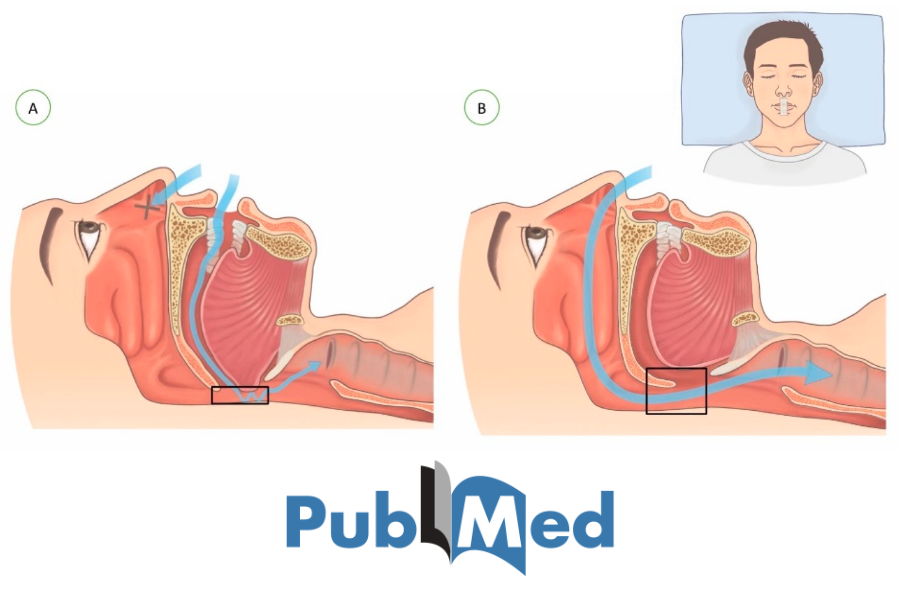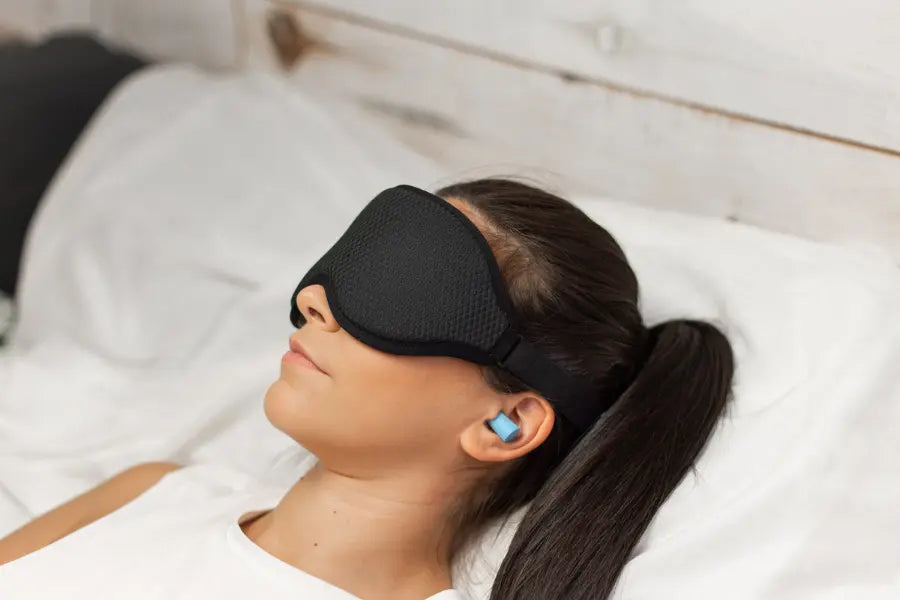
The Transforming Benefits of Mouth Taping for Sleep
Sleep quality significantly influences overall health, and one simple practice—mouth taping—promises to improve it by promoting nasal breathing. Though it might sound unconventional, the benefits of mouth taping are backed by both scientific research and centuries of understanding about the importance of nasal breathing.
Why Nasal Breathing Matters
Nasal breathing is superior to mouth breathing for several reasons. It filters and humidifies incoming air, enhances oxygen uptake, and even supports the body's production of nitric oxide, crucial for blood flow and immune function. Mouth breathing, on the other hand, can lead to dry mouth, increased dental health issues, and contributes to snoring and sleep apnea, which are associated with heart disease and cognitive impairment.
Scientific Support for Mouth Taping
Research supports mouth taping's positive effects on sleep. A study published in the Journal of Sleep Research highlighted that participants who taped their mouths reported fewer incidences of snoring and improved sleep quality. Another study in the American Journal of Respiratory and Critical Care Medicine found that nasal breathing increases lung volume and improves oxygenation, suggesting that mouth taping can indirectly enhance these outcomes by enforcing nasal breathing.
Why Nasal Breathing Matters
Nasal breathing is superior to mouth breathing for several reasons. It filters and humidifies incoming air, enhances oxygen uptake, and even supports the body's production of nitric oxide, crucial for blood flow and immune function. Mouth breathing, on the other hand, can lead to dry mouth, increased dental health issues, and contributes to snoring and sleep apnea, which are associated with heart disease and cognitive impairment.
Scientific Support for Mouth Taping
Research supports mouth taping's positive effects on sleep. A study published in the Journal of Sleep Research highlighted that participants who taped their mouths reported fewer incidences of snoring and improved sleep quality. Another study in the American Journal of Respiratory and Critical Care Medicine found that nasal breathing increases lung volume and improves oxygenation, suggesting that mouth taping can indirectly enhance these outcomes by enforcing nasal breathing.




